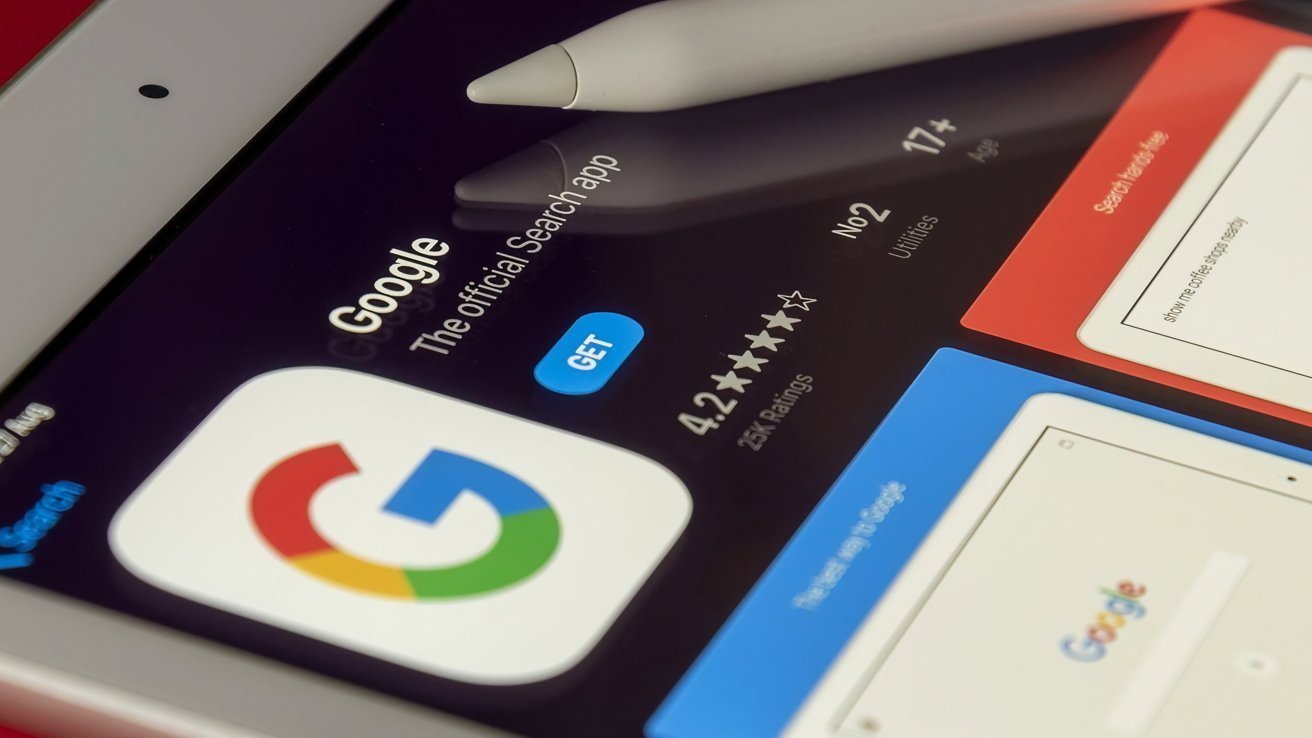Apple’s motion for a stay on the forthcoming Google remedy trial has been quickly denied, meaning Apple will have little say in the potential end of its annual $20 billion iPhone search deal with the search giant.
At the conclusion of the Department of Justice’s case against the company, Google was legally declared to be a search and advertising monopoly in August 2024. A remedy trial is planned to determine what steps Google can take to address this, and Apple has been trying to be a major part of the process.
According to MLex, however, Judge Amit Mehta has now denied Apple’s motion to obtain what’s called an emergency stay of the trial. The ruling came 24 hours after Apple filed its motion in response to Judge Mehta’s previous refusal to allow it any significant participation.
The new ruling reportedly says that Apple’s motion has not satisfied the “stringent requirements” for such a stay. Specifically, Apple has not shown any “daylight” between its proposed remedy and the one that Google is already proposing.
Apple has not, according to the judge, demonstrated the irreparable harm it could suffer following Google’s or other remedies that may be considered. Judge Mehta says that there being public interest to consider, plus harm to the existing parties, “weighs heavily against a stay.”
It’s not presently clear whether Apple has any right to appeal the ruling. Whatever it can still legally do, however, it will do quickly as Judge Mehta aims to get the remedies trial underway soon in order to conclude it by August 2025.
The remedy trial is at least likely to include a required ending to the deal that currently sees Apple provide Google as the default search engine on the iPhone. That deal is now known to be worth around $20 billion to Apple annually.
Apple is therefore highly motivated to have a say in the remedy trial, and this is why the company was swift to file a motion for a stay. However, the reason it had to file at all was that, according to the judge, it had been too slow to ask for participation in the first place.
Apple disputes this and says it requested participation as soon as the original trial decision was made. However, its original court filing asking for participation was filed on December 23, 2024.
That would seem to mean that it filed around four months after the original August 2024 decision. Judge Mehta, though, argues that Apple should have known about any potential impact to its business from the start of the case — in 2020.
Prior to the new filing, Apple was told that it would be allowed to submit briefing documents. However, one reason the company gave for filing a motion for a stay was that the Department of Justice had said it would block even that amount of participation.
What happens next
When filing its request for a stay with Judge Mehta, Apple was upfront about what it would do if the motion were denied. Specifically, for speed Apple said that it was simultaneously filing a similar motion with the DC Circuit.
If Judge Mehta agreed to the stay, Apple said it would drop the DC Circuit version. Since the judge has not agreed, that separate motion is presumably in progress.
It’s also presumably intended to overrule Judge Mehta’s decision. There is not, however, a clear schedule for when the DC Circuit will rule on the motion.





